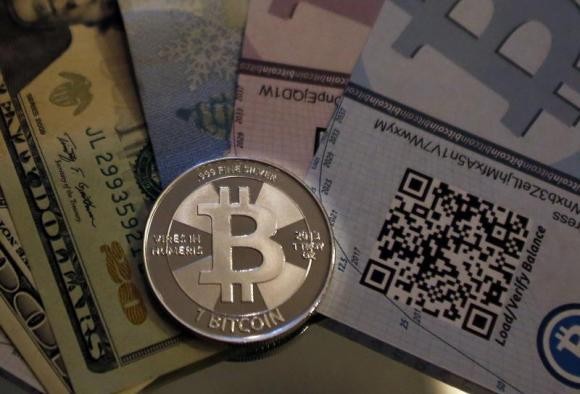On Wednesday, police in Hong Kong played host to 25 investors who were calling for tighter regulations to be implemented in regard to the cryptocurrency Bitcoin, which has received widespread media coverage since its emergence.
The group was spurred by the alleged conduct of MyCoin, a Bitcoin company that may have pocketed $387 million from a fraudulent scheme involving a group of unaware investors.
The group of emotive investors also brought legal expertise with them to the police building. Described by the Chinese media as "lawmakers," Leung Yiu-chung and James To told reporters that the "government should clamp down on Bitcoin" and "should not just stand aside."
Leung proceeded a step further and advised the government to "ban the circulation of such virtual currency in the market." For the legal representative, providing potential advisors with guidance that recommends a circumspect approach during the consideration of investment opportunities is grossly inadequate in the context of virtual currencies.
Leung's comments might have been an indirect reference to a prior statement from the Hong Kong Monetary Authority, which advised Hong Kong citizens "to exercise extra caution when considering making transactions or investments with Bitcoin." Although people in older, less technologically savvy groups were not explicitly mentioned in the warning, the authority might have been made aware of a generational issue, as it emerged in the case of MyCoin.
Leonhard Weese, the president of the Bitcoin Association of Hong Kong, said to the media that "older, less savvy investors" were caught up in the fraudulent scheme: one older woman re-mortgaged her apartment to invest HK$1.6 million. Investors were lured by the return of HK$1 million ($129,000), promised over a four-month period, from their HK$400,000 investment.
Wednesday's news was followed by Friday's notice from the Australian Securities and Investments Commission (ASIC) to Australian start-up Bitcoin Group, which is prohibited from making any further statements about an IPO that has so far been based on WeChat interactions. The Melbourne-based business reported in December that it hoped to raise AU$20 million ($15.6 million) on the Australian Stock Exchange with the support of investors from the Chinese community.



























